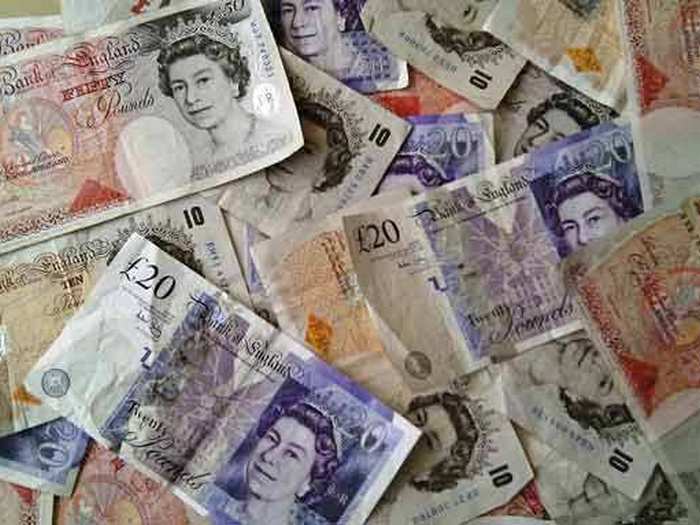
Those with pound notes in their pockets as July grinds to a halt are rejoicing in the best rate against the baht since last February when it was 41.2 for a brief period. Currency wizards also know that the worse rate in 2020 was on August 28 when the pound was worth a mere 36.6.
Speculators in the foreign exchange markets are puzzled by the recent rise in the pound to 41 baht when British currency parity with the US dollar was being predicted a few months ago. It may have something to do with Michael Barnier, the EU chief negotiator with the non-member UK, stating earlier in the week that he believes a trade deal is still possible in the autumn. Or the fact that the US dollar has been hit by recession and the steep rise in Covid-19 infections there. Another possibility is that the UK economic recovery is actually picking up relative to its mainland European partners.
However, pundits are still betting that the pound will see a weaker August with rumours persisting that the Bank of England will introduce negative interest rates and that Boris Johnson’s government is not really interested in a substantive deal with the EU, preferring to fill the economic gap by trade deals with non-Euro countries, especially the US.
The highest rate for the pound to the baht in history when it reached 90.8 units of the Thai currency on January 23 1998. There then began a long, slow slide to the year 2020 which was particularly noticeable after the UK referendum result in 2016 decided to quit Europe. Meanwhile, the Thai baht has a recent history of being one of the strongest currencies in Asia, backed by a trade surplus and a hawkish central bank.
Although Thailand has lost a huge foreign tourist market in the wake of the virus pandemic, the country has huge foreign currency reserves dating back 20 years. These mean that the country can probably fund a social and economic recovery programme without the need for borrowing from the International Monetary Fund which would be politically and economically unthinkable for the current administration in Bangkok.




